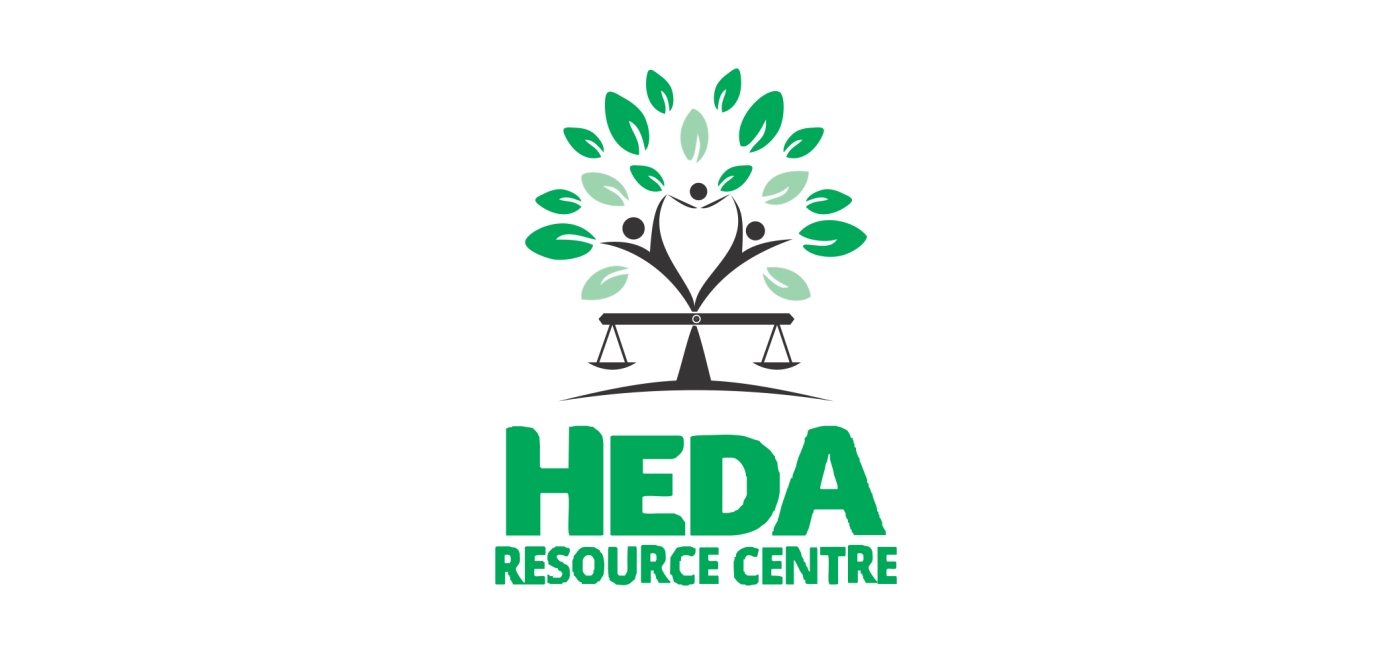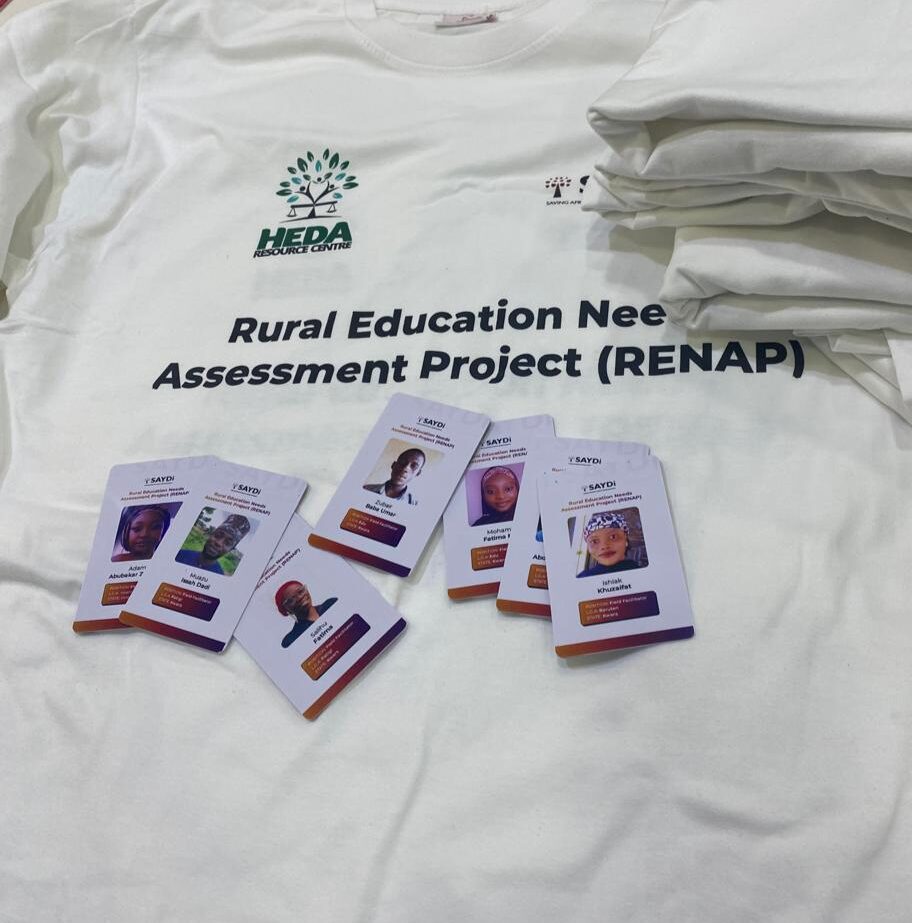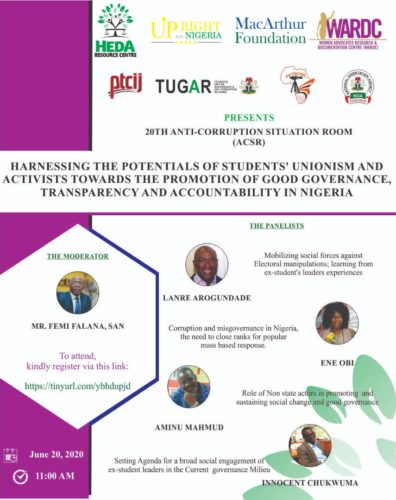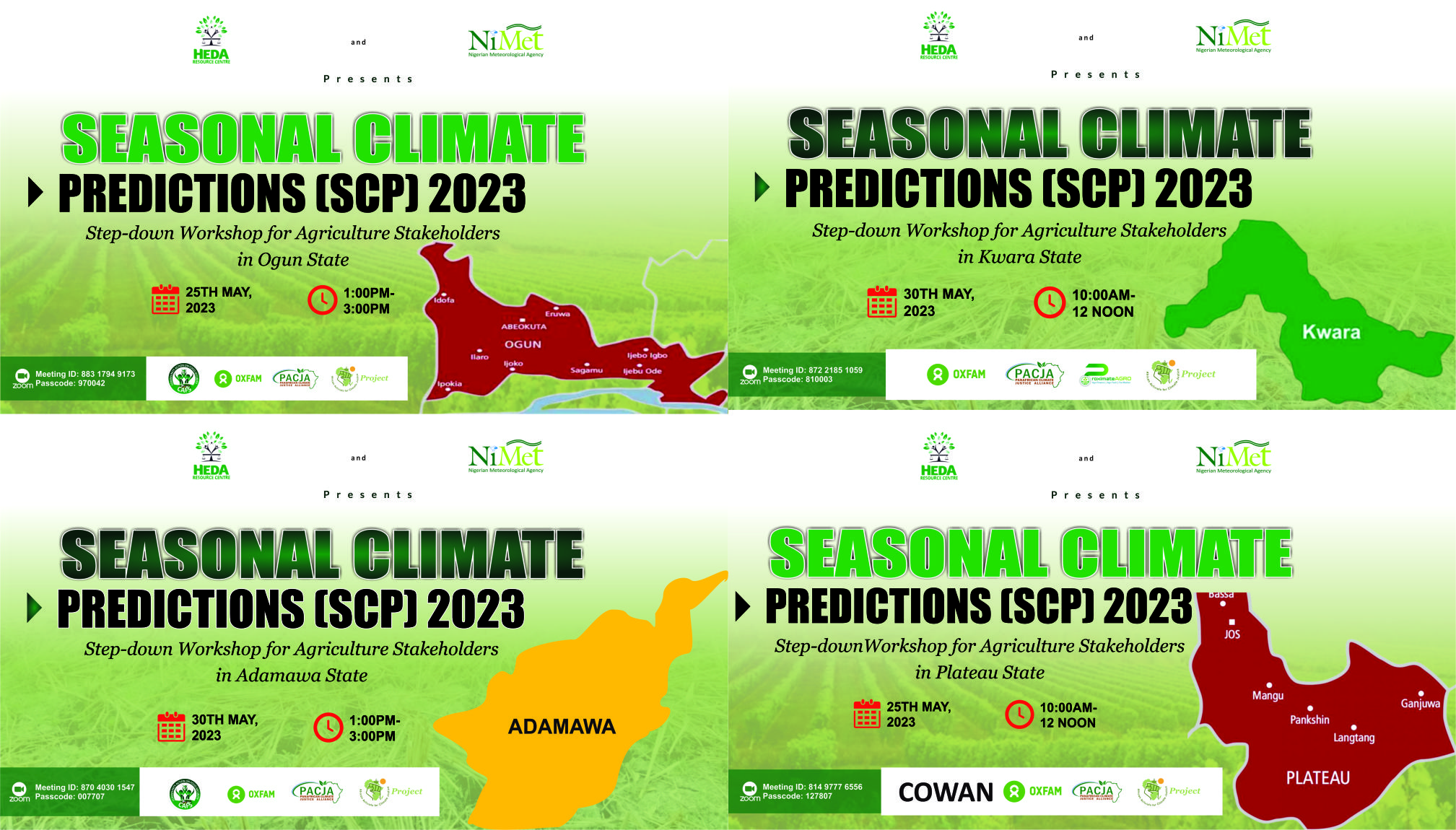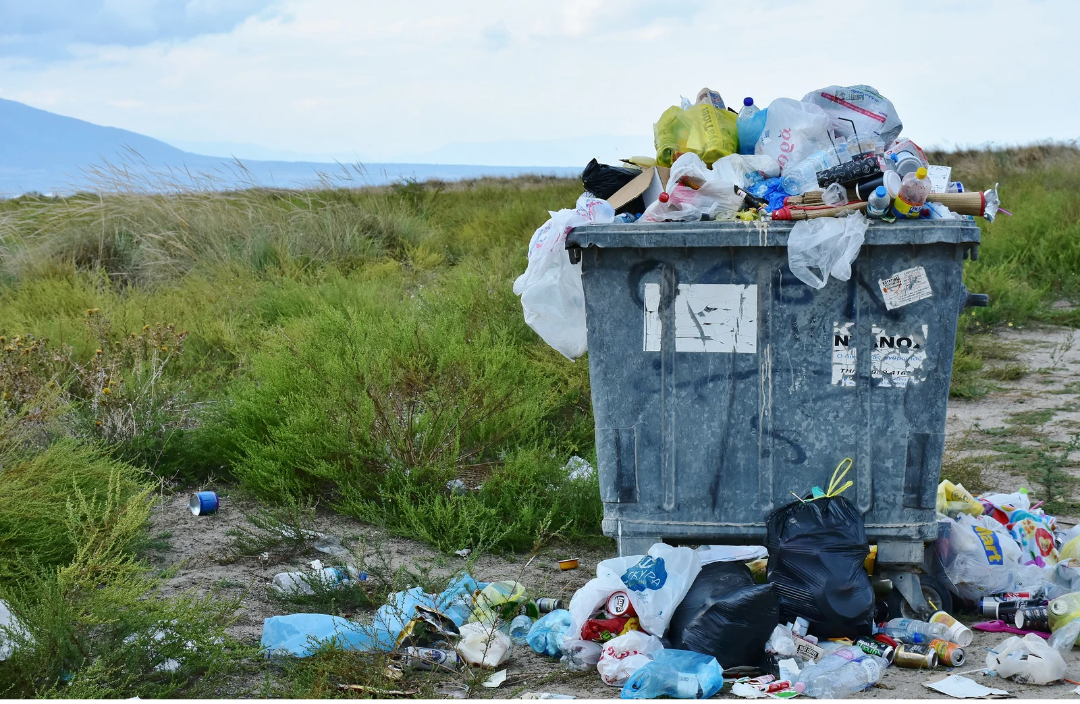
World Environment Day 2023 “Beat Plastic Pollution”
Plastic pollution has emerged as a grave environmental problem on a global scale, with far-reaching consequences for ecosystems, wildlife, and human health. The rapid production and consumption of plastics, coupled with inadequate waste management systems, have led to the accumulation of plastic waste in various habitats, including oceans, rivers, and landfills.
According to the UN Environment Programme (UNEP), 300 Million Tonnes of Plastic is produced every year, and not all of it is recycled. To put in perspective, that is equivalent to the weight of the entire human population. While some countries and cities around the world have enforced plastic bans, and the call for the end of single-use plastics is at an all-time high, more still needs to be done. It is up to us consumers to understand the impact that our plastic consumption is having on the environment.
This year’s World Environment Day theme, “Beat Plastic Pollution,” highlights the urgent need to tackle the global issue of plastic pollution. It encourages individuals to rethink their consumption habits and make conscious choices to reduce their plastic footprint. It calls for the promotion of the 3R approach: Reduce, Reuse, and Recycle. By reducing the use of single-use plastics, reusing plastic items whenever possible, and ensuring proper recycling of plastic waste, we can significantly minimize the amount of plastic that ends up in landfills, water bodies, and natural habitats.
At the fifth session of the United Nations Environment Assembly in February 2022, the UNEA Resolution 5/14 titled “End Plastic Pollution: Towards An International Legally Binding Instrument” was adopted to develop an international legally binding instrument on plastic pollution, including in the marine environment with the ambition to complete the negotiations by end of 2024. The instrument is to be based on a comprehensive approach that addresses the full life cycle of plastic. It is based on this that the “Intergovernmental Negotiating Committee” is currently meeting at the the United Nations Educational, Scientific and Cultural Organization (UNESCO) Headquarters in Paris, France to develop an international legally binding instrument on plastic pollution, including in the marine environment (INC-2).
Plastic pollution poses a significant environmental challenge in Africa, with Nigeria being one of the countries greatly affected. In particular, the use and disposal of Styrofoam and plastic bottles have emerged as major contributors to the plastic waste crisis in the country, resulting to detrimental impact on the environment and the urgent need for sustainable solutions.
With about 2.5 million tons of plastic waste annually, Nigeria ranks ninth globally among countries with the highest contributions to plastic pollution. Unfortunately, over 88% of the plastic waste generated in Nigeria is not recycled. Instead, much of it ends up in water bodies – rivers, lakes, drains, lagoons and the ocean. Styrofoam disposable food plates for example, have gained popularity in Nigeria due to their affordability and convenience. However, their improper disposal poses a severe threat to the environment. These plates are non-biodegradable and persist in the environment for hundreds of years. Improperly discarded Styrofoam plates often end up in drainage systems, clogging them and contributing to flooding during the rainy season. Furthermore, they are often burnt alongside other waste, releasing toxic pollutants into the air and causing air pollution. The accumulation of Styrofoam waste also affects soil health, inhibiting plant growth and agricultural productivity. Styrofoam waste, particularly in the form of food plates, poses a risk to wildlife and marine ecosystems. Animals may mistake Styrofoam for food and consume it, leading to health issues, blockages in their digestive systems, and even death.
To tackle the problems associated with Styrofoam in Nigeria, several measures can be taken and they are;
- Promote Alternatives: Encourage the use of biodegradable or compostable alternatives to Styrofoam plates, such as plates made from plant-based materials like sugarcane fiber or palm leaf. These are eco-friendly, biodegradable, and do not have the same adverse impacts on the environment.
- Implement Waste Management Systems: Improve waste management systems and infrastructure to ensure proper collection, sorting, and recycling of Styrofoam waste.
- Raise Awareness: Conduct awareness campaigns and educational programs to inform the public about the environmental impacts of Styrofoam and the importance of proper waste management, and encourage individuals and businesses to make sustainable choices and support initiatives that promote environmentally friendly alternatives.
- Enforce Regulations: Strengthen regulations and enforce bans or restrictions on the production, importation, and use of Styrofoam products. Implement penalties for non-compliance to discourage the use and improper disposal of Styrofoam plates.
By addressing the problems associated with Styrofoam in Nigeria, specifically disposable food plates, the country can make significant progress in reducing plastic pollution, protecting the environment, and ensuring a sustainable future for generations to come.
Another significant contribution to Plastic Pollution in Nigeria is plastic bottles particularly single-use ones. The consumption of bottled water and other beverages has increased dramatically in recent years, leading to a surge in plastic bottle waste. Improper disposal of these bottles results in littering of streets, drainage systems, and water bodies. Plastic bottles take hundreds of years to decompose, contaminating soil and water resources and posing threats to aquatic life. For instance, the popular “pure water” sachets, which are often sold in plastic bottles, are frequently found littered along roadsides and in waterways, contributing to the plastic pollution crisis.
Addressing plastic pollution requires concerted global action. Individuals can make a difference by adopting sustainable practices such as reducing single-use plastic consumption, recycling, and properly disposing of waste. However, systemic changes are needed to tackle the root causes of plastic pollution. Governments must implement effective waste management systems, promote recycling infrastructure, and enforce regulations to reduce plastic waste generation. International collaborations and agreements, such as the United Nations’ Clean Seas campaign, are crucial in raising awareness, setting targets, and implementing policies to combat plastic pollution.
The Nigerian government has taken some steps to address plastic pollution, including the imposition of a ban on the production and use of non-biodegradable plastics in some states. For instance, In May 2019, the Nigerian government passed the “Plastic Bags Prohibition Bill 2018”, joining other governments that have already implemented bans, to impose some measure of prohibition against the manufacture, sale and use of plastic. However, effective implementation and enforcement of these regulations remain a challenge. There is the need to take concrete actions to protect the environment and rid it of plastics as some African countries have done by placing a ban on plastic bags, which are the most used form of plastics. Some of the African countries that have banned plastic bags include Benin Republic, Cameroon, Chad, Eritrea, Ethiopia, Morocco, Mozambique, Malawi, Niger, Rwanda, Madagascar, Senegal, Gabon, The Gambia, Guinea-Bissau, Ivory Coast, Tanzania, Tunisia, and Kenya while Botswana and South Africa introduced high levies on plastic bags. This has led to many retailers charging a fee on plastic bags and consequently a reduction in its use in both countries.
Nigeria should also take a drastic action in order to contain plastic pollution in the overall interest of our people and future generations. This they can do by promoting the use of biodegradable or reusable alternatives to Styrofoam food plates and encouraging the adoption of refillable bottles for beverages, Incentivizing recycling initiatives and establishing efficient waste management systems, engaging in community clean-up campaigns and advocating for stricter enforcement of existing regulations are all measures that can help combat plastic pollution in the country.
There is a need for collective action and engagement from governments, industries, policymakers and communities to implement effective waste management systems, enforce regulations on plastic production and usage, and support initiatives that promote sustainable alternatives to plastics. Industries are encouraged to adopt eco-friendly packaging and production practices, while communities are urged to organize clean-up drives, awareness campaigns, and educational programs to address the issue at the grassroots level.
In conclusion, plastic pollution has become a global menace with severe environmental, wildlife, and human health implications. The rapid production and inadequate disposal of plastics have resulted in the accumulation of plastic waste in various ecosystems. Urgent action is needed at all levels to address this problem. Actions such as adopting all resolutions in the International Legally Binding Instrument on Plastic Pollution currently being debated at the ongoing meeting of the UN Intergovernmental Negotiating Committee ongoing in Paris, France. By adopting this and other sustainable practices, supporting recycling initiatives, and advocating for effective waste management systems, we can contribute to broader environmental conservation efforts and work towards a more sustainable and resilient future.
ARTICLE BY: CECILIA OGWUCHE Liaison, Legal & Project Officer
REFERENCES:
Adu, E. T., Fadina, O. O., & Adebisi, O. M. (2021). Review of the Environmental Impacts of Plastic Waste in Nigeria. In Proceedings of the 2nd International Conference on Sustainable Development (ICSD 2020) (pp. 65-69).
Dumbili, Emeka & Henderson, Lesley. (2020). The Challenge of Plastic Pollution in Nigeria.
Yalwaji a, H.O. John-Nwagwu b, T.O. Sogbanmu. (2022) Plastic pollution in the environment in Nigeria: A rapid systematic review of the sources, distribution, research gaps and policy needs.
Galloway, T. S., Cole, M., & Lewis, C. (2017). Interactions of microplastic debris throughout the marine ecosystem. Nature Ecology & Evolution, 1(5), 0116.
https://www.unep.org/about-un-environment/inc-plastic-pollution
https://www.thisdaylive.com/index.php/2021/12/31/menace-of-plastics-in-nigeria-2#
